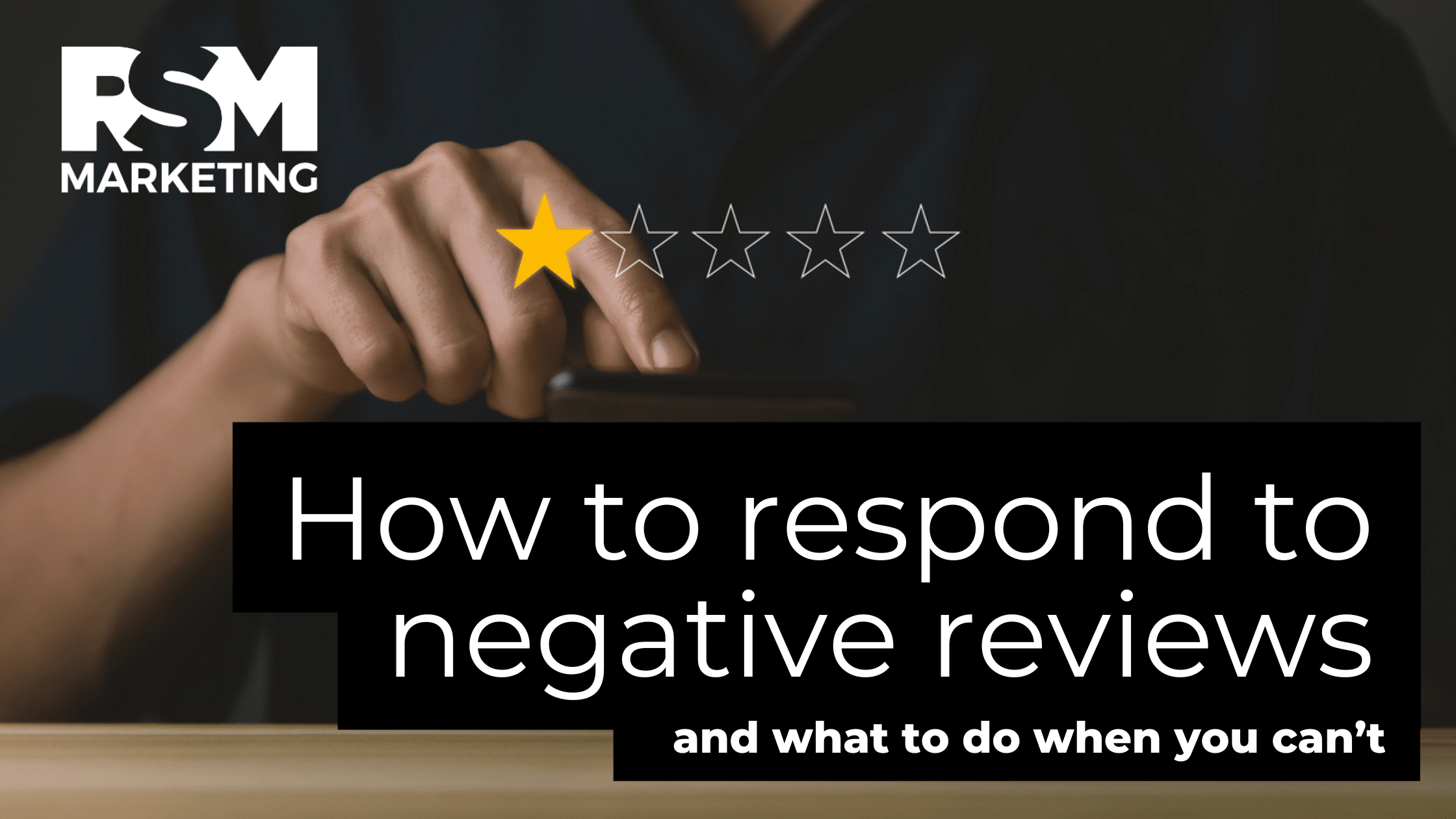Companies that blog generally get 97% more links to their websites. That’s just one of the many reasons why blogging is an integral part of any digital marketing strategy. While blogging may some easy on paper, it’s not always the case.
There are many factors that one needs to consider when publishing a blog. That includes figuring out how often you should blog. In this article, we’ll go over the different publishing frequencies and some of the other factors you need to consider when blogging.
How Often Should You Blog?
It’s essential to understand how long people are willing to wait between posts. There’s currently no one-size-fits-all answer to how often one should publish a blog post.
Digital marketers will first have to consider the scale of their business and its capability to publish a post. After identifying those factors, they will now choose from the following options:
Option 1: Daily
Some digital marketing experts will argue that posting every day is the ideal blog posting frequency. That may seem like an overwhelming amount of content, but there are ways to automate and scale your efforts to make that possible.
The most significant advantage here is that your site will continually attract new visitors and rank opportunities by consistently writing high-quality content.
This strategy is ideal for those who have shorter but higher-quality content that can easily be published daily. The main benefit is that you will be considered a source of valuable information, and your business will continue to build brand value over time.
A disadvantage of this method is that most businesses can’t generate enough content daily. The pressure to publish a blog daily often causes human error and time management issues that could reduce the value of your blog posts.
Option 2: Two or Three Times per Week
Publishing a couple of blogs a week is another popular option many digital marketers often swear by.
The benefit here is that you won’t be overwhelmed with creating new content because you’ll only publish once or twice per week. This gives you more time to spend on other marketing tasks and means that your posts will be of higher quality.
One of the main downsides is that you won’t attract as many new visitors or ranking opportunities as daily postings. To overcome this, you might need to establish another form of traffic, such as marketing your blog posts or website on social media.
Option 3: Weekly
Most experts recommend that you only publish at least once or twice per week. The main benefit of this is that your posts will be higher quality and, therefore, more likely to convert into sales.
The downside is that it can be challenging to generate an audience with such limited content production. You’ll probably need to implement another traffic strategy such as social media to offset this.
Option 4: Monthly
It may seem odd to recommend publishing every month, but some swear by this method.
The main benefit is that it allows you to spend more time on other marketing techniques while still getting your business name out there through organic search results.
The biggest downside of this method is the lack of exposure which means fewer visitors and ranking opportunities.
Other Factors to Consider When SEO Blogging
Keyword Selection
One of the main benefits of blogging is using keywords that can help your site rank for specific search phrases. The only downside to this is figuring out which words to target.
Generally, it’s best to target specific high-volume keywords each month. It would be best if you also aimed to include long-tail keywords in some of your posts because they can bring in thousands of visitors per month.
How often you blog also affects your overall ranking. If you only publish once or twice per week, you might not be able to reach as many keywords, but if you post too often, this could cause Google to view your site as spam.
It’s best to aim for one or two posts per week if your primary goal is to rank higher in search. This frequency should be enough to rank on some of the most competitive keywords.
Length of Posts
The length of your posts can have an impact on organic search results. If you publish short, 300-word posts, this could be seen as less valuable than a detailed article with 1,500 words or more. It would be best to aim for a post length that falls somewhere in the middle.
Whether posting weekly or a couple of times a week, remember that quality is more important than quantity. If you can produce high-quality posts once or twice per week, that’s better than publishing low-quality posts every day.
Benefits of Blogging Consistently
Building Brand Authority
When you blog consistently, you show your audience that your business is trustworthy and reliable. You can use this to your advantage by positioning yourself as an authority in your industry.
Getting New Customers
Continuous blogging helps you reach new audiences who might not have heard about your business before. That also keeps your previous customers updated with what’s going on and encourages them to refer others.
Building Relationships
Blogging regularly helps you build relationships with your readers and other bloggers in your industry. You can use these connections to share each other’s content and collaborate on projects that benefit both parties
Increasing Rankings
Google, for example, is known to reward sites that are actively publishing new content because it shows that they are an active business. This can lead to increased traffic and opportunities in the future.
Building Your Reputation
If you blog regularly, your business will be seen as dependable, which helps to build your reputation. By contrast, if you publish infrequently, this could be seen as unprofessional and may cause people to lose trust in your brand.
It Is All About Quality and Consistency
Blog posting frequency is a decision that every business needs to make based on their goals, resources, and overall marketing strategy. All the options in this article have their benefits and disadvantages so the decision should always be made carefully.
If you can publish quality content regularly, then it’s generally better to blog consistently. However, if you struggle with generating enough content or aren’t happy with the results, try publishing infrequently and scaling your efforts elsewhere.
As long as you set realistic expectations for what blogging can do for your business and dedicate the time and effort required to maintain a successful blog, you should experience some positive results.
Interested in marketing your business online? RSM Marketing offers a wide variety of services designed to drive growth and value. Contact us today and our team would be glad to discuss your options.





